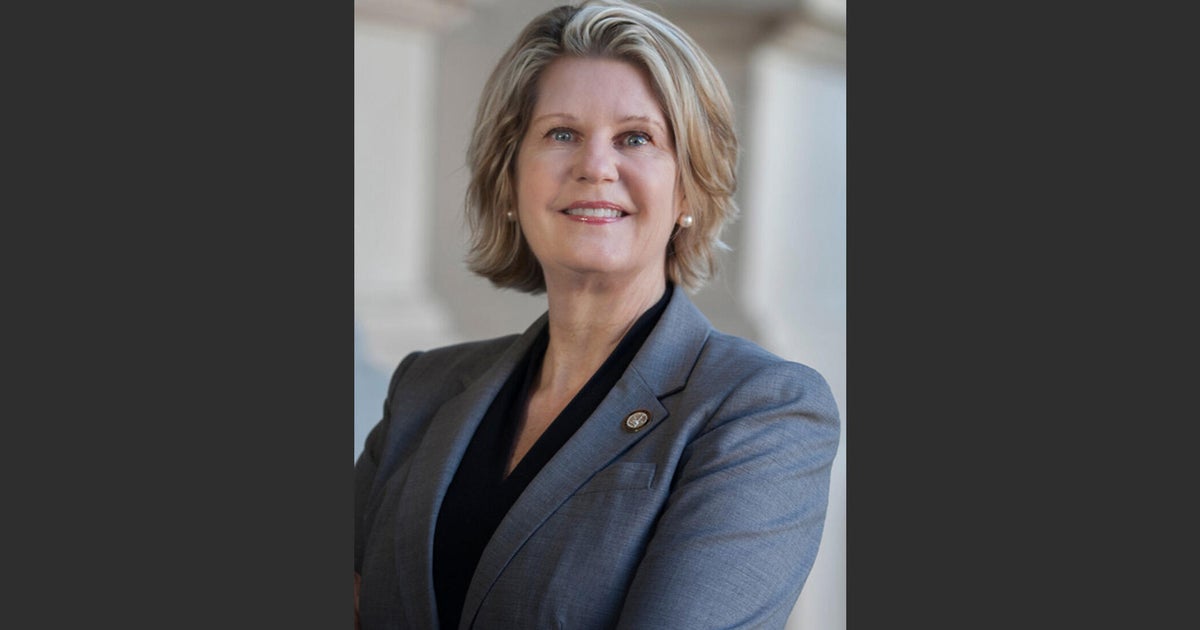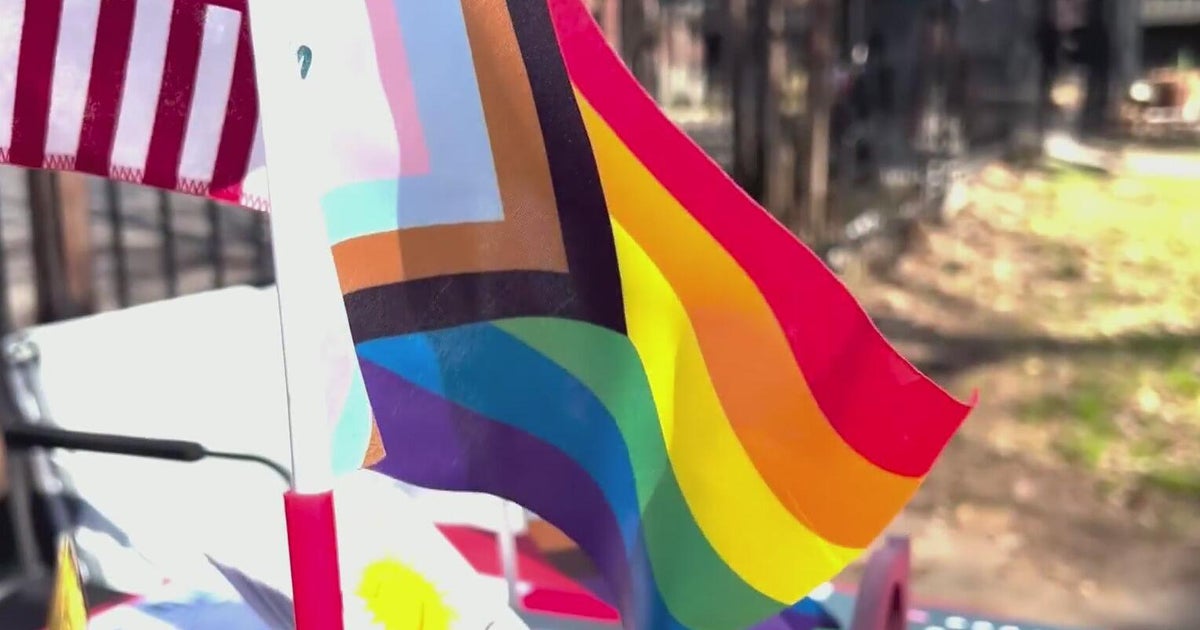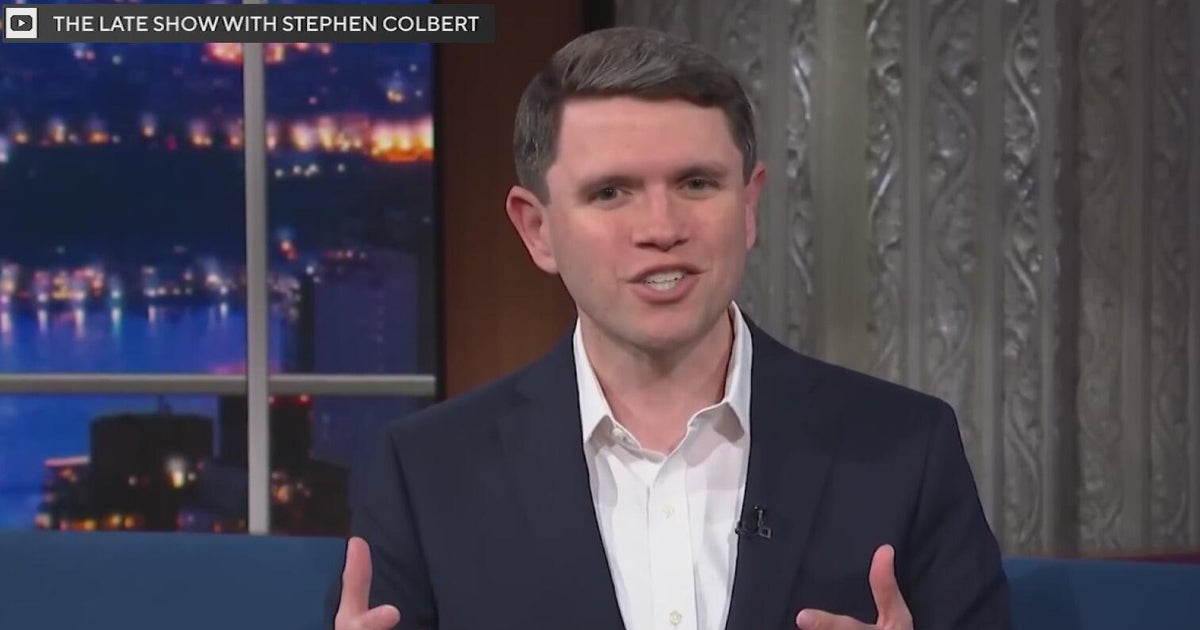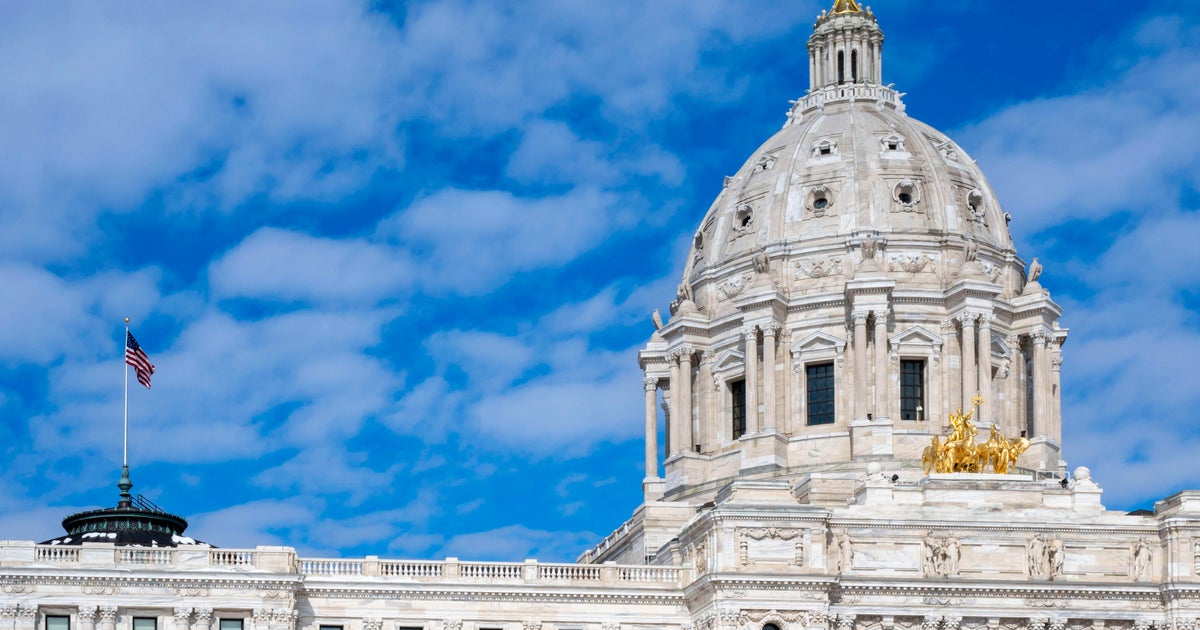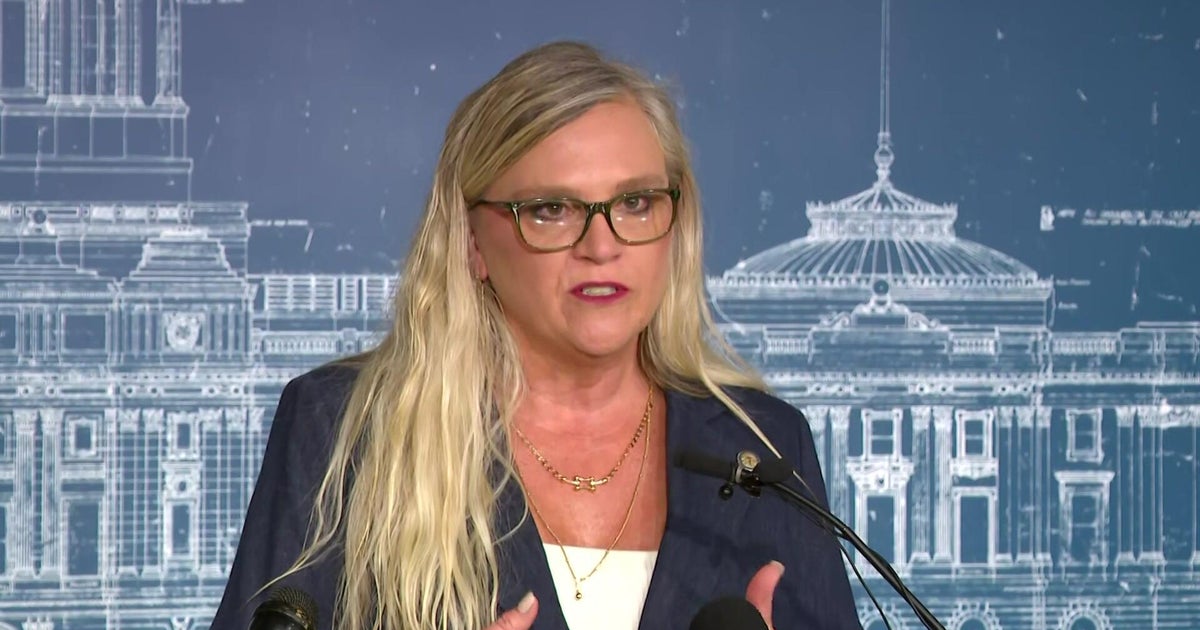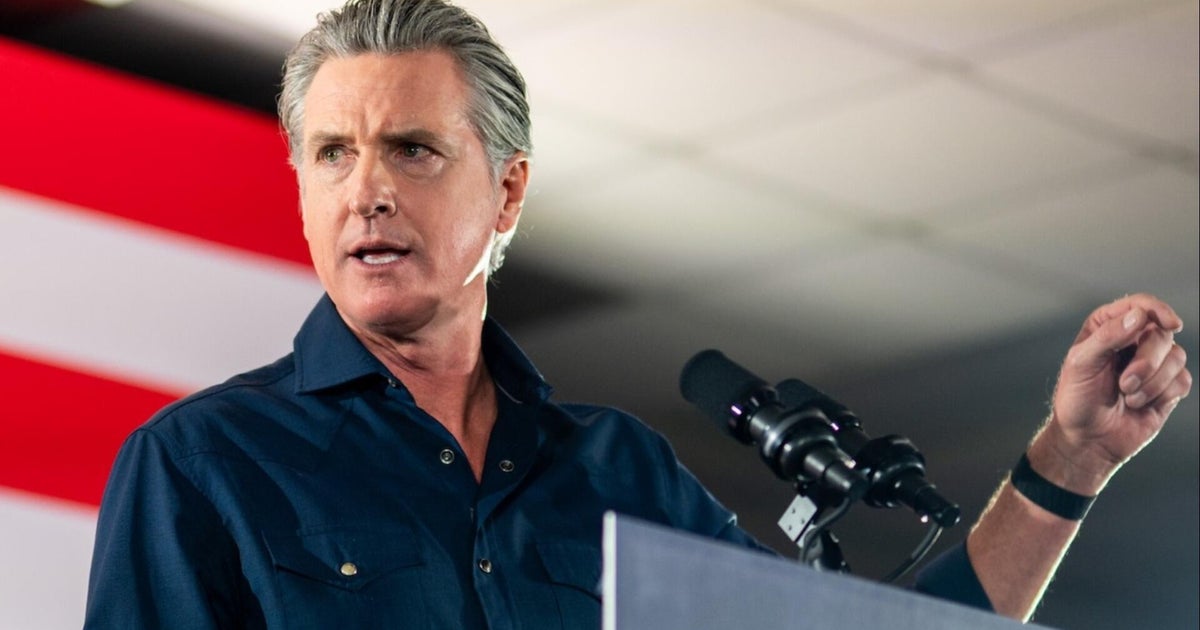Unions argue for overturning Wisconsin law that ended nearly all collective bargaining
Public worker and teachers unions argued Tuesday that their lawsuit seeking to strike down a Wisconsin law that drew massive protests and made the state the center of a national fight over union rights should be allowed to proceed, even as the Republican-controlled Legislature sought to have it dismissed.
It is the first challenge to the law known as Act 10 since Wisconsin's Supreme Court flipped to liberal control last year.
Dane County Circuit Judge Jacob Frost questioned Tuesday whether there was another remedy to address alleged problems with the law short of striking it down. He did not rule from the bench and said he would issue a written order on the Legislature's request to dismiss the case.
The unions' attorney argued that the 2011 law should be struck down because it creates unconstitutional exemptions for firefighters and other public safety workers. Attorneys for the Legislature and state agencies countered that the exemptions are legal, have already been upheld by other courts, and that the case should be dismissed.
The judge questioned why different classes of employees were created under the law and some public safety workers were "cherry picked" to retain their collective bargaining rights while others were not.
"Isn't that an equal protection problem?" he asked the Legislature's attorney.
Law enforcement groups like the State Patrol were exempted from the law, and others such as the state Capitol Police were not, because there could be a public safety threat if they went on strike or had other job disruptions, said the Legislature's attorney Misha Tseytlin.
That's a legally allowable reason to create separate classes of employees who are subject to the law, Tseytlin said. He said the court should not become a "super Legislature" and try to examine the "minutiae" and "granular detail" of why one group was exempted while another was not.
Union attorney Jacob Karabell countered that there was no "rational reason" for some public safety workers being exempt while others are not.
If the latest lawsuit succeeds, all public sector workers who lost their collective bargaining power would have it restored. They would be treated the same as the police, firefighter and other public safety unions who remain exempt.
The Legislature said in court filings that arguments made in the current case were rejected in 2014 by the state Supreme Court. The only change since that ruling is the makeup of Wisconsin Supreme Court, attorneys for the Legislature argued.
The Supreme Court is controlled 4-3 by liberals, a flip from when it upheld the law a decade ago under 5-2 conservative control.
The Act 10 law effectively ended collective bargaining for most public unions by allowing them to bargain solely over base wage increases no greater than inflation. It also disallowed the automatic withdrawal of union dues, required annual recertification votes for unions, and forced public workers to pay more for health insurance and retirement benefits.
The law has withstood numerous legal challenges and was the signature legislative achievement of former Republican Gov. Scott Walker, who used it to mount a presidential run. It also led to a dramatic decrease in union membership across the state.
Teachers and other public workers argue in their lawsuit that Act 10 violates the Wisconsin Constitution's equal protection guarantee and exempts groups that also endorsed Walker in the 2010 gubernatorial election, while those subject to the restrictions did not.
There are rational, legal reasons for differentiating the groups of employees, said assistant attorney general Steven Kilpatrick. The state Department of Justice, overseen by Democratic Attorney General Josh Kaul, is representing state agencies named as defendants and also supporting dismissal of the case.
A federal appeals court in 2013 rejected claims that the law violated the equal protection guarantee in the U.S. Constitution, saying the state was free to draw a line between public safety and other unions, and the following year again ruled that the law was constitutional.
And in 2019, a federal judge rejected a lawsuit brought by two arms of the International Union of Operating Engineers that argued the law violates free speech and free association under the First Amendment.

